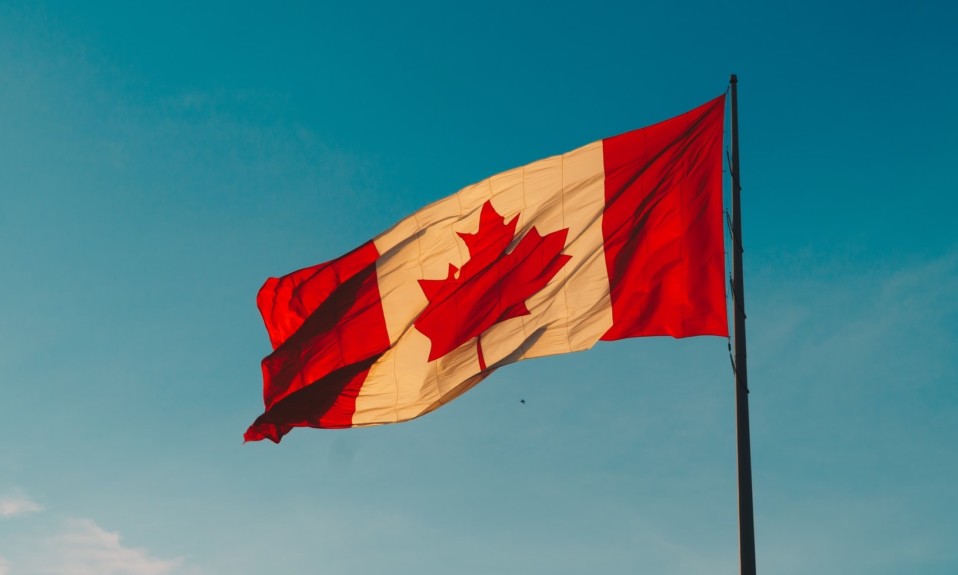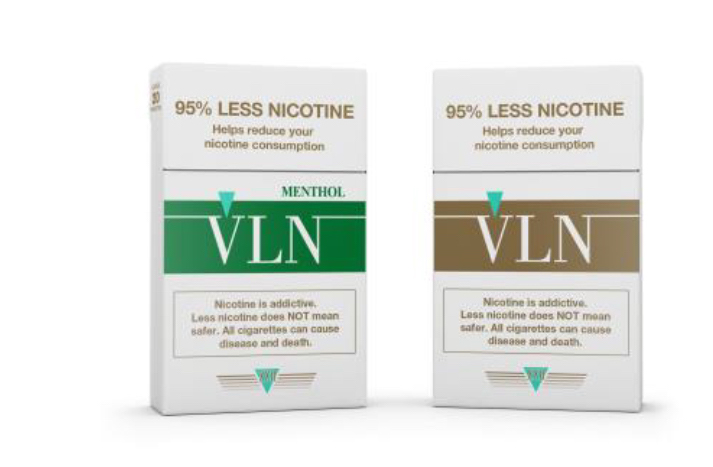A drug decriminalization pilot in British Columbia seeks to “reduce stigma and harm”
By Jason Langendorf
In a move to address Canada’s increasing overdose rates, reduce the stigma associated with drug use and promote harm reduction, British Columbia last week was granted a three-year exemption from the Canadian Controlled Drugs and Substances Act (CDSA), effectively decriminalizing small amounts of certain illicit substances within the province.
“This exemption is a vital step to keeping people alive and help connect them with the health and social support they need.”
—Bonnie Henry, British Columbia provincial health officer
The three-year decriminalization pilot, which will go into effect Jan. 31, 2023, and end Jan. 31, 2026, was enacted “to support the public health response to the overdose crisis in B.C.,” according to the Government of Canada. With the exemption granted under subsection 56(1) of the CDSA, adults 18 and older in British Columbia will no longer be arrested, charged or have their drugs seized when they are found with 2.5 grams or less of the following substances:
- Opioids (including heroin, morphine and fentanyl)
- Cocaine (including crack and powder cocaine)
- Methamphetamine
- MDMA (ecstasy)
“I have thoroughly reviewed and carefully considered both the public health and public safety impacts of this request,” said Carolyn Bennett, federal Minister of Mental Health and Addictions and Associate Minister of Health. “Eliminating criminal penalties for those carrying small amounts of illicit drugs for personal use will reduce stigma and harm and provide another tool for British Columbia to end the overdose crisis.”
A Carefully Considered Move
Canadian lawmakers didn’t enter into this pilot program lightly. Since 2017, the government says it has committed more than $800 million to address the opioid overdose crisis. It has been at the forefront of certain harm reduction tactics deemed controversial by many other countries (including supervised consumption sites), and it has had some success with those programs.
Canada saw a 95% increase in apparent opioid toxicity deaths during the first year of the pandemic, and since then deaths have remained high.
But the spread of fentanyl and a toxic drug supply in recent years, along with the effects of COVID, have forced government officials to consider every option at their disposal.
Canada saw a 95% increase in apparent opioid toxicity deaths during the first year of the pandemic, and since then deaths have remained high. Approximately 20 Canadians every day died of an opioid overdose from January through September of 2021—compared to an average of 7 deaths per day in 2016 and 12 in 2018.
British Columbia, which in 2016 declared the overdose crisis and specifically fentanyl to be public health emergencies, has been one of the areas in Canada hit hardest by the fallout of the opioid epidemic. The province is the first to receive an exemption from Health Canada.
“The shocking number of lives lost to the overdose crisis requires bold actions and significant policy change,” Bennett said.
It “Is Not Legalization”
Canada’s federal government has been careful to assure the public that the B.C. exemption “is not legalization.” The substances on the exemption list remain technically illegal, and several exceptions would make even low-level possession a crime. Examples include violations in the following locations:
- Elementary and secondary school premises (kindergarten to grade 12)
- Premises of licensed childcare facilities
- Airports
- On Canadian Coast Guard vessels and helicopters

But rather than continue down a path of criminalization, B.C. police encountering people with small amounts of drugs will now offer information about available health and social supports, and referrals when requested. The goal: reasonable preventive policy that stifles the drug trade without stigmatizing people who use drugs.
“This exemption is a vital step to keeping people alive and help connect them with the health and social support they need,” said Bonnie Henry, British Columbia’s provincial health officer. “By removing the fear and shame of drug use, we will be able to remove barriers that prevent people from accessing harm reduction services and treatment programs.”
Top photo: Hermes Rivera; bottom photo: Albert Stoynov














